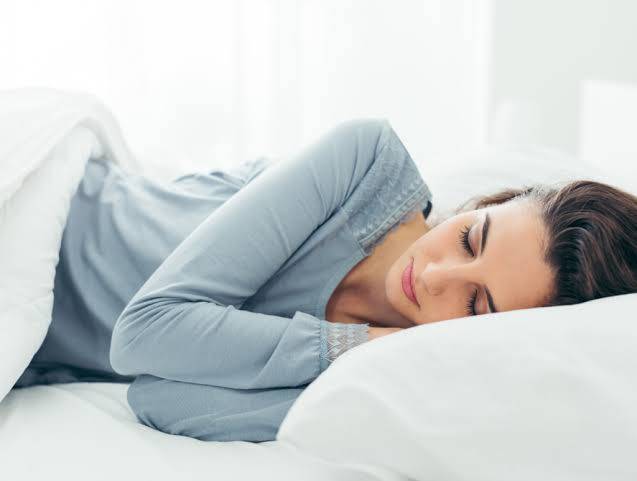Rule For Napping That Reduces Blood Pressure And Prevents Fatigue
Finding the perfect balance between rest and alertness is vital for maintaining good health and high performance. Experts suggest that daytime naps, when done correctly, can lower blood pressure, combat fatigue, and sharpen focus. Dr. Sogol Javaheri, a renowned sleep specialist and assistant professor at Harvard Medical School, shares the ideal nap strategy to achieve these benefits.
The key lies in the duration of your nap. Dr. Javaheri explains that napping for 10 to 30 minutes is the sweet spot for feeling rejuvenated. This time frame allows your body and mind to rest without entering deep sleep. Once you cross the 30-minute mark, you may enter deeper sleep stages, leading to a phenomenon known as "sleep inertia." Sleep inertia leaves you groggy and sluggish, requiring up to an hour to regain full alertness.
Short naps, however, provide a burst of energy, enhance mood, and improve concentration without the downsides of prolonged sleep. Research supports these claims. Studies reveal that short naps not only alleviate fatigue but also contribute to better heart health and reduced blood pressure. For example, pilots who incorporated 20- to 30-minute naps into their schedules were found to be 50% more alert and 30% more proficient in their tasks compared to those who didn’t nap.
To maximize the benefits, timing is essential. Experts recommend napping between 1:00 PM and 3:00 PM, when the body naturally experiences an energy dip. Late afternoon naps should be avoided, as they can interfere with nighttime sleep.
If you’re struggling to fall asleep during the day, create a nap-friendly environment. Find a quiet, dark, and comfortable space where interruptions are minimal. If ambient noise or light is unavoidable, consider using an eye mask or white noise device.
Napping, while beneficial, isn't a substitute for proper nighttime sleep. If you frequently feel exhausted despite getting adequate rest, it may be a sign of an underlying issue such as sleep apnea. This common condition temporarily disrupts breathing during sleep and requires medical attention.
Incorporating short, well-timed naps into your routine can be a simple yet powerful way to recharge your body and mind. By following expert advice, you can enjoy the benefits of improved energy, mood, and overall health—all within just 30 minutes.


